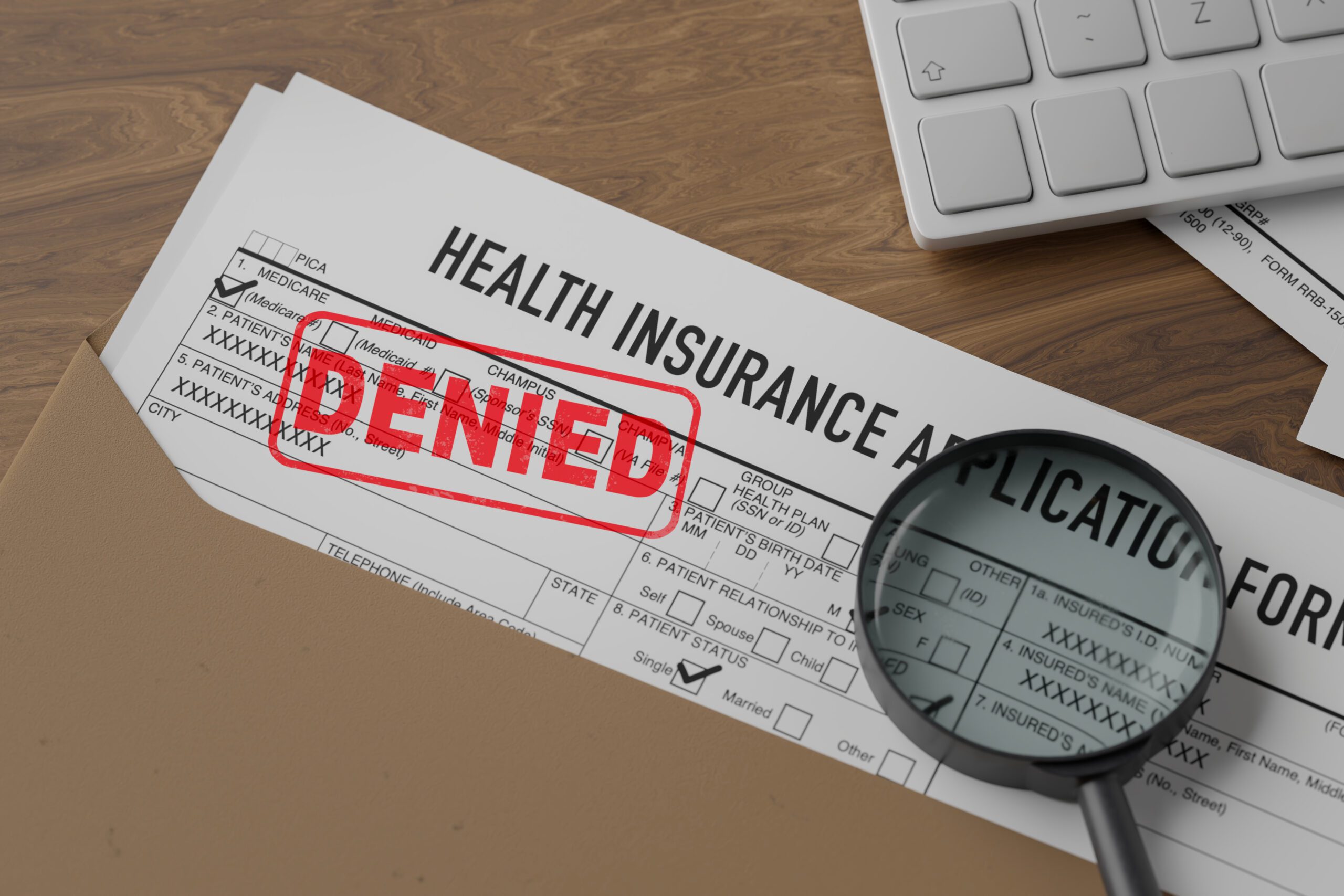Florida’s no-fault auto insurance system continues to create confusion for many South Miami drivers. Navigating this system is essential for anyone on Florida’s busy roads, as it directly influences coverage, claims, and financial protection after an accident. This blog explores how Florida’s no-fault law impacts drivers, highlighting Personal Injury Protection (PIP), fault vs. no-fault liability, coverage minimums, and possible reforms coming in 2025. With insights from The Insurance Guy, drivers can better understand the realities of Florida’s system and make informed decisions about their coverage.
What is Florida’s No-Fault Auto Insurance System?
Florida remains one of the few states operating under a no-fault auto insurance model. By law, drivers must carry Personal Injury Protection (PIP) coverage, which pays for medical expenses and lost wages regardless of fault. This approach reduces the need for lengthy litigation by ensuring victims of minor injuries receive compensation quickly.
The Basics of Personal Injury Protection (PIP)
Personal Injury Protection, or PIP, is a cornerstone of Florida’s no-fault insurance system. PIP coverage is designed to pay for your medical expenses and a portion of your lost wages if you’re injured in an auto accident, up to the limits of your policy. In Florida, the minimum PIP coverage required is $10,000. However, it’s important to note that this amount may not cover all expenses in the event of a serious accident.
- Medical Expenses: PIP covers 80% of necessary and reasonable medical expenses.
- Lost Wages: PIP pays 60% of lost wages if you’re unable to work due to injury.
- Death Benefits: PIP provides a $5,000 death benefit in addition to medical and disability benefits.
Understanding Fault vs. No-Fault Liability
The distinction between fault and no-fault liability is crucial in understanding Florida’s auto insurance system. In a no-fault system, your own insurance covers your losses up to your policy limits, regardless of who caused the accident. This is in contrast to a fault-based system, where the at-fault driver’s insurance would be responsible for covering damages.
When Can You Sue in a No-Fault System?
While the no-fault system limits the ability to sue, there are exceptions. You can pursue a lawsuit if your injuries meet certain thresholds, such as significant and permanent loss of a bodily function, permanent injury, significant scarring or disfigurement, or death. In such cases, you may seek compensation beyond what PIP covers, including pain and suffering.
Coverage Minimums and Misconceptions
Many drivers in South Miami may have misconceptions about what the minimum coverage entails and how it affects their protection in an accident. The minimum coverage required by law may not be sufficient in all scenarios, potentially leaving drivers vulnerable to significant out-of-pocket expenses.
Why Minimum Coverage Might Not Be Enough
While meeting the state-required minimums is essential, it’s wise to consider additional coverage options. Minimum PIP coverage of $10,000 might not suffice in severe accidents, where medical bills and lost wages can quickly exceed this amount. Considering additional coverage, such as bodily injury liability and uninsured motorist coverage, can provide greater peace of mind and financial protection.
- Bodily Injury Liability: Covers injuries you cause to others in an accident.
- Uninsured Motorist Coverage: Protects you if you’re in an accident with a driver who lacks sufficient insurance.
- Collision and Comprehensive Coverage: Covers damage to your vehicle from accidents and other incidents like theft or natural disasters.
Potential Updates for 2025 and Proposed Reforms
The landscape of auto insurance in Florida is continually evolving, with potential reforms on the horizon. Lawmakers have been discussing changes aimed at improving the current system, which could impact South Miami drivers significantly.
What Changes Might We Expect?
One of the proposed reforms includes replacing the no-fault system with a fault-based system, which would eliminate the requirement for PIP coverage. This change aims to reduce insurance fraud and litigation costs, potentially leading to lower premiums for drivers. However, it also shifts the burden of proof to determine fault, which could complicate the claims process and prolong settlements.
Another potential update involves increasing the minimum required coverage amounts, providing better protection for drivers but potentially raising insurance costs. These proposed changes are still under consideration, and it’s crucial for drivers to stay informed about legislative developments.
How to Navigate the No-Fault System Effectively
Successfully navigating Florida’s no-fault auto insurance system requires understanding your coverage and knowing how to handle claims. Here are some tips for South Miami drivers:
- Review Your Policy: Regularly review your insurance policy to ensure you have adequate coverage. Consider speaking with an agent at InsGuy.com for personalized advice.
- Keep Detailed Records: In the event of an accident, document everything. Take photos, gather witness information, and keep track of medical expenses and lost wages.
- Understand Your Rights: Familiarize yourself with your rights under Florida law, including when you can pursue additional compensation.
Florida’s no-fault auto insurance system remains both unique and complex. While PIP provides essential protections, it often falls short in serious accidents. Drivers must understand how fault vs. no-fault liability works, recognize the risks of relying on minimum coverage, and prepare for possible reforms in 2025.
By consulting trusted professionals like The Insurance Guy, South Miami drivers can navigate these challenges with confidence, ensuring their auto insurance policies provide the protection they truly need. Get in touch with them today to get started.

